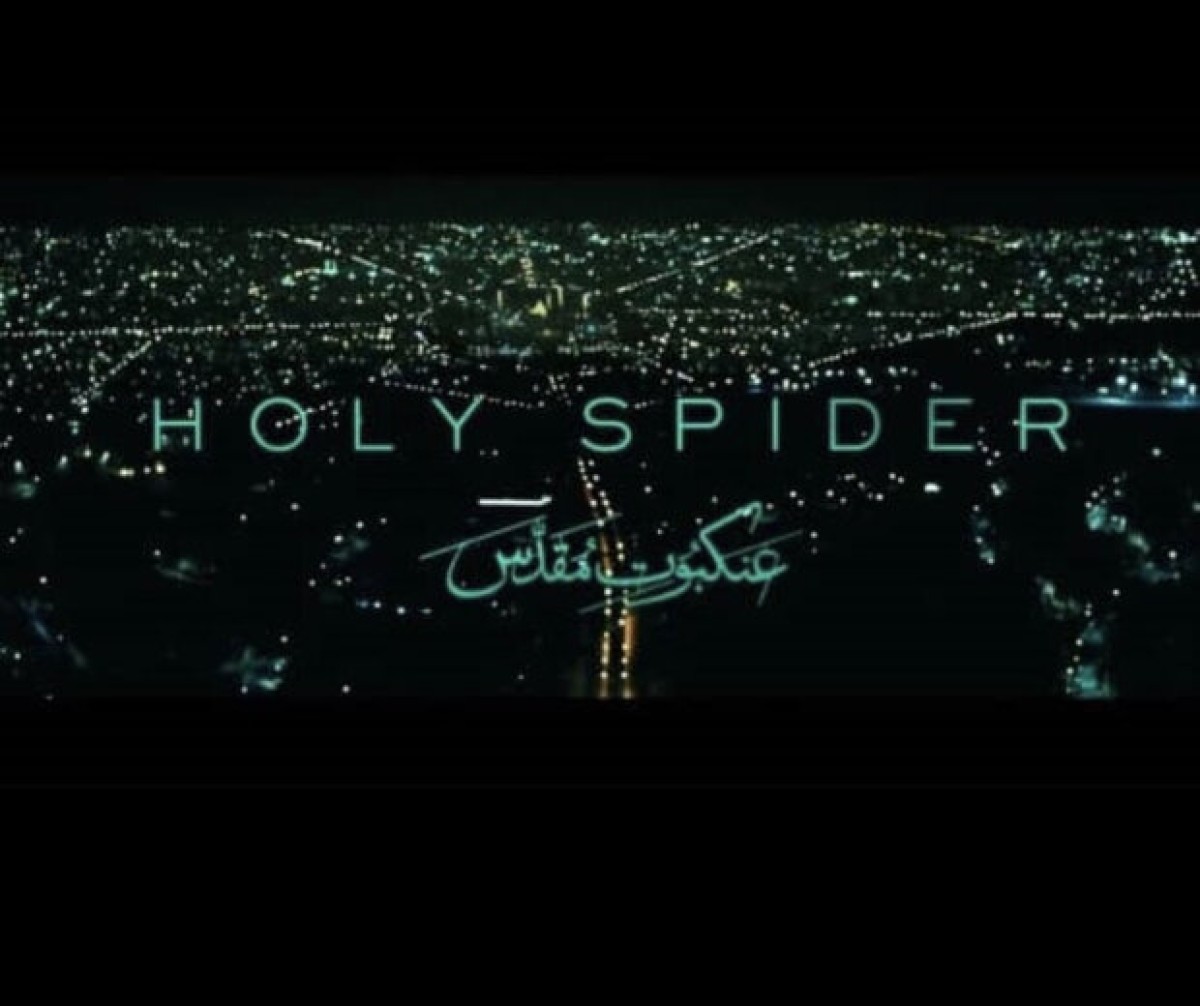 271
271
The acclaimed Cannes Film Festival, which takes place in early May, is deemed generally an apolitical event. Many film critics believe that the annual Cannes Film Festival brims with unique and creative themes. At Cannes, pictures, unlike its American equivalent, the Academy Awards (also known as the Oscars), are supposedly evaluated based on their cinematic merits.
Unbeknownst to many film reviewers, the Cannes Film Festival has always been a platform for political objectives. However, this covert facet of the Cannes Festival is not yet discernible to many spectators.
Meanwhile, Iranian artists have also been nominated for the Palme d’Or, a lifetime achievement award.
The film “Leila’s Brothers” made a concerted effort to tarnish Iranian society and portray the allegedly horrible Iranian daily life. The gloomy theme would definitely not be welcomed by any fair cinema critic, yet the Cannes organisers wildly lauded the gloomy movie. However, this low-budget film couldn’t win the top accolades. This year’s Cannes Film Festival saw a significant representation of Iranian films. The film “Leila’s Brothers,” directed by Saeed Roustayi, was exhibited at the Cannes Film Festival this year, presenting an overly bleak depiction of Iranian culture and society. The FIPRESCI Award was granted to Mr Roustayi’s film, even though it garnered negative reviews.
Finally, after being screened, a poor, politically motivated film about Iran, “Holy Spider,” was unbelievably awarded the 2022 Palme d’Or, the festival’s highest prize, revealing Cannes’ non-artistic, political agendas.
Far from neglecting aesthetic qualities and fundamental cinematic principles, the Cannes Film Festival, in a politically driven gesture, awarded the top prize for best actress to an Iranian émigré actress, Zahra Amir-Ebrahimi, for playing in the religiously offensive and ill-contrived movie “Holy Spider.” In addition to fabricating actual events relating to the film, which took place between 2000 and 2001, the film has also flagrantly disrespected the venerated eighth Shiite Imam Reza [PBUH], whose holy shrine is located in the northeastern Iranian city of Mashhad.
“Holy Spider” is a Persian-language thriller drama that recounts the distorted story of an apparently fearless journalist [played by Amir-Ebrahimi] on the hunt for a serial killer in the dark underbelly of Mashhad who purportedly killed 16 prostitutes, under the delusion that he had been sent by God to purge the holy city of sexual offenders.
Mrs Amir-Ebrahimi, who played the lacklustre role in the “Holy Spider” sixteen years after she opted to leave Iran on her own volition, following the publication of obscene materials about her and her fiancé, is today portrayed falsely as a social heroine. By capitalising on her undeserved fame and unprofessional performance, Iran’s Islamic society has been subjected to the most vitriolic and hateful attacks, disparaging the Iranian nation’s religious values.
Independent critics believe that Mrs Amir-Ebrahimi, by participating in this movie, which is accompanied by the unnecessary fuss by western media, demonstrates that she is still consumed with anger and seeks to exact vengeance on her tragic mishap back in Iran, by pouring forth invectives and undermining her countrymen’s religious beliefs.
Regrettably, Mrs Amir-Ebrahimi’s recent movie will not be the last volley in the anti-Iran cultural war, in which she has become a mere pawn of the western media and filmmaking titans.
Many Iranian commentators consider movies like “Holy Spider” a supplementary step to justify further economic sanctions against their country.
As a matter of fact, producing anti-Iran movies staged by Iranian actors, who strive to vindicate the US and EU’s “economic terrorism,” as political scholars refer to it, is the ideal method for strangling Iran’s economy.
Furthermore, the screening of these mediocre movies persuades western public opinion to some degree that sanctions are the best strategy for dealing with Iran, which ultimately increases the financial burden on ordinary Iranian citizens.
Comment
Post a comment for this article